How Much Does Cat Teeth Cleaning Cost? (Let's Be Honest)
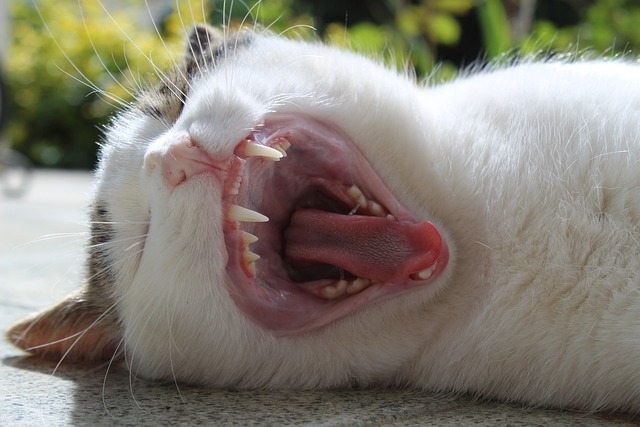
What comes to mind when you think about your cat's oral health?
The last thing you want is your furry friend suffering from toothaches or, worse yet, losing teeth altogether. 😬
The cost of cat teeth cleaning may loom over your head like a dark cloud, making you wonder if it's worth it.
But hey, let's not jump to conclusions just yet.
Before we dive into the nitty-gritty, let's explore the ins and outs of cat teeth cleaning together.
How Much Does Cat Teeth Cleaning Cost?
The cost of cat teeth cleaning can vary depending on factors such as oral health, dental problems, age, and underlying conditions. While prices range from $200 to $1,500, a typical professional cleaning including anesthesia, examination, and follow-up care can cost around $300. Consult your veterinarian for a personalized estimate.
The cost of cleaning your cat's teeth can vary quite a bit depending on where you live and what your cat's specific needs are.
And let me tell you, it's not cheap.
On average, you're looking at spending somewhere between $100 to $400, and sometimes even more.
But hold onto your hats because there's more to consider.
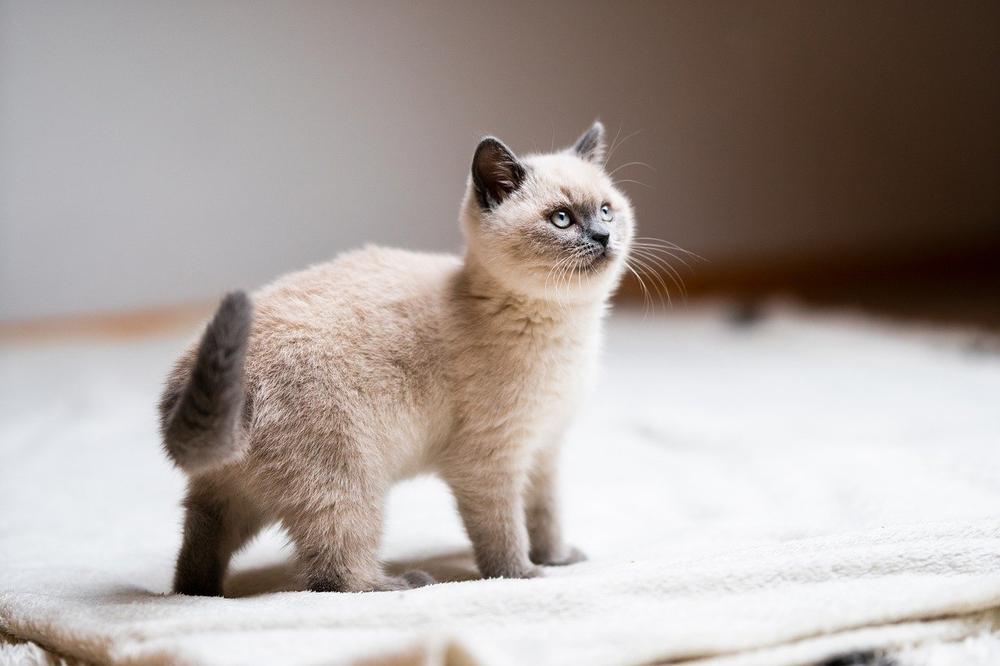
Factors like your cat's oral health, the severity of their dental problems, whether they need teeth pulled out, how old they are, and if they have any underlying conditions can all influence the price. It's enough to make your head spin, right?
But don't worry too much because most professional cat dental cleanings come with everything your furball needs, including anesthesia, an examination, and follow-up care.
So when all is said and done, you're likely looking at shelling out around $300.
Just PLEASE keep in mind that costs can range from $200 up to about $1,500, so it's always smart to have a chat with your veterinarian. They'll be able to give you a personalized estimate based on your kitty's specific situation.
Main points I'll expand upon further down this article:
- Alternatives to upfront payment include in-house payment plans and medical credit cards.
- Pet insurance coverage for dental cleaning varies, with some providers offering add-ons.
- Regular dental cleanings prevent infections, heart problems, kidney disease, and oral cancer.
- Signs that indicate a dental check-up include bad breath and swollen gums.
- Dental cleaning requires anesthesia for a comprehensive examination and X-rays.
- Anesthesia-free procedures may not be as effective or thorough.
- Older cats or those with pre-existing dental issues may require more frequent cleanings.
- Home dental care methods include tooth brushing, dry cat food, and dental treats.
- Cat-approved toothpaste and toothbrush should be used for daily brushing.
- Frequency of professional cleanings depends on various factors like brushing habits and diet.
But here's the good news...
There are alternatives available to help manage the cost of cat dental cleaning!
What Does the Cost of Cat Dental Cleaning Include?
Cat dental cleaning typically costs around $300, covering anesthesia, an examination, and aftercare.
But fret not; you have alternatives to shelling out cash upfront.
Many vet clinics offer in-house payment plans, while some accept medical credit cards, like CareCredit.
These options grant you the liberty to manage your furry companion's dental care expenses.
No longer will finances restrict your cat's oral health.
Does Pet Insurance Cover the Cost of Cat Dental Cleaning?
| Coverage | Details |
|---|---|
| Routine teeth cleanings | Usually not covered by pet insurance |
| Wellness plan addons | Some providers offer wellness plans that include coverage for veterinary visits and preventive care |
| Average claim for dental cleaning | $190 on average, but can vary depending on the policy |
| Treatment for dental disease | May cost up to $404, depending on the policy |
| Tooth issues caused by injury | Covered under accident-only or accident and illness pet insurance plans |
Alright, let me get straight to the point.
When it comes to cat dental cleaning, pet insurance coverage depends on the provider you choose. So here's what you need to know.
Most pet insurance plans do not cover routine teeth cleanings. But don't lose hope just yet!
Some pet insurance providers offer wellness plan addons that include veterinary visits and preventative care.
This can help cover dental cleaning costs. 😺
Now, let's talk numbers.
The average claim for cat dental cleaning is around $190, according to Nationwide Pet Insurance. However, if your furry friend needs treatment for dental disease, that cost can skyrocket to about $404.
But wait, there's more.
If your cat experiences tooth issues due to injury, some pet insurance plans may provide coverage.
These plans fall under accident-only or accident and illness policies. So make sure to read the fine print!
Not all pet insurance plans are created equal.
So compare different policies to find the best coverage for your cat's dental needs.
But wait, before you go, I highly recommend checking out my article How Often Should I Take My Cat to the Groomer.
It's a must-read if you want to ensure you're keeping up with the recommended frequency for cat grooming.
This guide will answer your questions and help you navigate this essential aspect of cat care.
Don't miss out on this crucial information!
Are Cat Dental Cleanings Necessary?
You know, regular dental cleanings are super important for your cat's oral health and all in all well-being. I mean, seriously, they're crucial.
But why exactly are they necessary?
Let me break it down for you, my friend, in a good ol' list:
- First things first, they prevent infections. Ya see, dental cleanings take care of that annoying plaque and tartar buildup. If left alone, these suckers can lead to painful gum infections. And trust me, you don't want that.
- Did you know dental disease in cats is linked to heart problems? Yeah, it's true. But hey, no worries! Regular cleanings help lower this risk and keep your cat's ticker in tip-top shape.
- Now here's somethin' wild: poor oral health can actually contribute to kidney disease in our furry friends. Crazy, right? So, keeping those teeth clean means happier kidneys for your cat!
- Time to talk about oral cancer prevention. Catching it early is key, my friend. Routine cleanings give the vets a chance to spot any suspicious growths and take action pronto.
- Last but not least, maintaining overall health. By keepin' your cat's mouth clean and healthy, you're stoppin' harmful bacteria from sneakily entering their bloodstream and causing trouble in other organs. Not cool.
So there you have it, peeps!
Regular dental cleanings aren't just about havin' shiny pearly whites. They're a crucial part of your cat's healthcare routine.
Don't brush off this important aspect of feline wellness – your cat will be grateful, even if they can't say it themselves!
To cut to the chase: Further down the blog post, I'll delve into what cat dental cleanings involve. If you want to know the nitty-gritty details, keep reading because I've got you covered!
Now that you know why cat dental cleanings are necessary, let's explore the signs that indicate your furry friend may need one!
Symptoms of Teeth Issues in Cats
Signs to keep an eye on regarding your cat's teeth
Do you adore your cat?
Well, guess what?
Just like us humans, cats can have issues with their teeth too.
And as a cat owner, it's essential that you pay attention to signs indicating something might be wrong.
The most common dental problems in cats
Now, let me break this down for you:
There are three main types of dental issues that cats can face.
Firstly, we've got gingivitis.
It's when the gums get inflamed due to plaque buildup over time.
Next up is periodontitis, a more severe form of gum disease.
Not only are the gums affected, but the structures supporting the teeth underneath can also be damaged. Ouch!
Lastly, there's tooth resorption, which sounds quite scary, doesn't it?
This occurs when the body starts breaking down the tooth structure, causing pain and discomfort. In most cases, extraction is required.
When it's time to visit the vet
If you start noticing certain warning signs, it means it's high time you take your cat to the vet for a dental checkup.
Does your cat have bad breath?
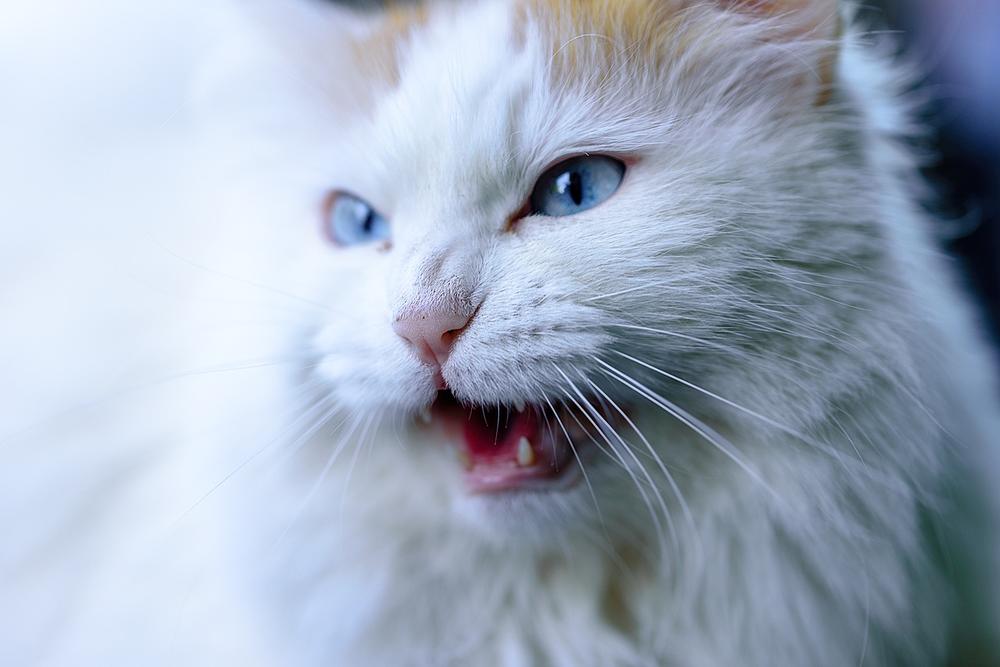
Are the gums bleeding or swollen?
Or is your cat reluctant to eat?
These are all red flags suggesting that something isn't right with their teeth.
Here's an astonishing fact for you:
An overwhelming 85% of cats will experience periodontal disease before they even reach the age of two. That's quite a lot, right?
But don't fret, because the sooner you identify it, the better chance you have of treating it.
So, my friend, if you see any signs of discomfort or pain in your furry friend's mouth, don't hesitate.
Bring them to a veterinarian right away.
You know they deserve it, don't you?
But listen...
You might be wondering how much cat teeth cleaning will cost you.
What's the bottom line?
Well, let me break it down for you in the next section.
What Does Cat Dental Cleaning Involve?
Cat dental cleaning is a thorough procedure that keeps your furry friend's mouth healthy.
You gotta use anesthesia to ensure it's done right - it lets the vet check everything and clean deep below the gums.
Trust me, this part is super important.
They even take dental X-rays to find any hidden infections.
It's like a behind-the-scenes tour of your cat's mouth!
Anesthesia is necessary so your cat doesn't move or bite during the cleaning. Safety first, they'll check if your cat can handle it.
Cleaning below the gums is key for good oral health.
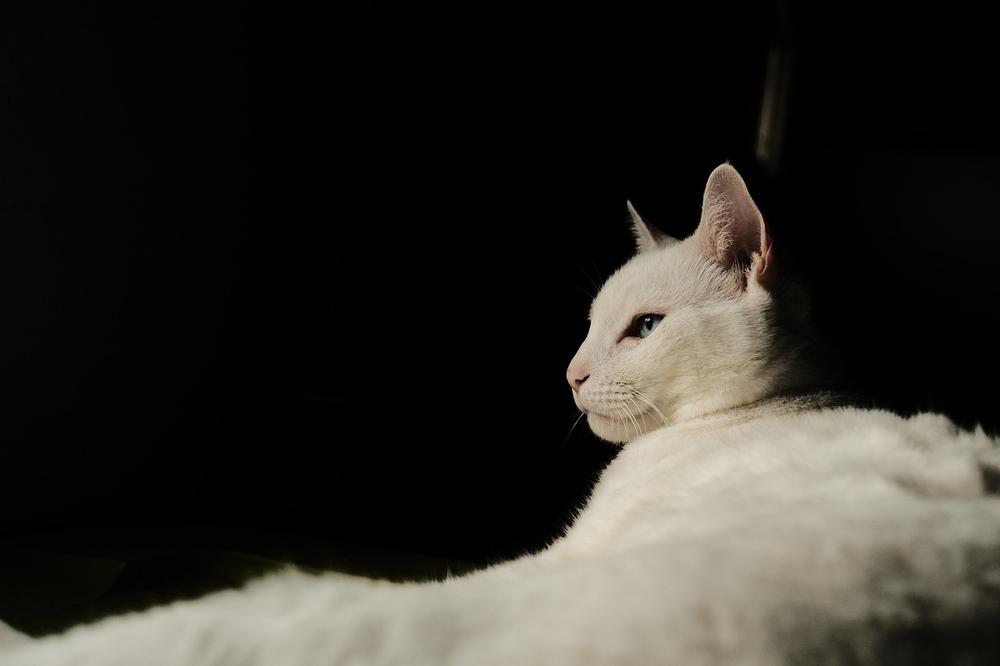
That's why you shouldn't go for anesthesia-free procedures.
They just don't cut it when it comes to inspecting and treating below the gumline.
If your cat is older or already has dental problems, they might need more cleanings.
Gotta tailor the process to their needs, you know?
When it comes to anesthesia for dental cleanings, there are some steps involved - lab work, meds, catheter placement, intubation, and monitoring. The vets do everything they can to make it safe and smooth.
During the cleaning, they'll examine your cat's mouth, clean under the gums, scale, polish, and maybe remove teeth if needed.
Afterwards, the vet will give you clear instructions on how to take care of your cat's teeth at home and suggest safe dental products.
Keeping those pearly whites in tip-top shape doesn't end at the vet's office!
How to Keep a Cat’s Teeth Healthy Between Cleanings
To keep your cat's teeth healthy in between cleanings, you should take some practical steps.
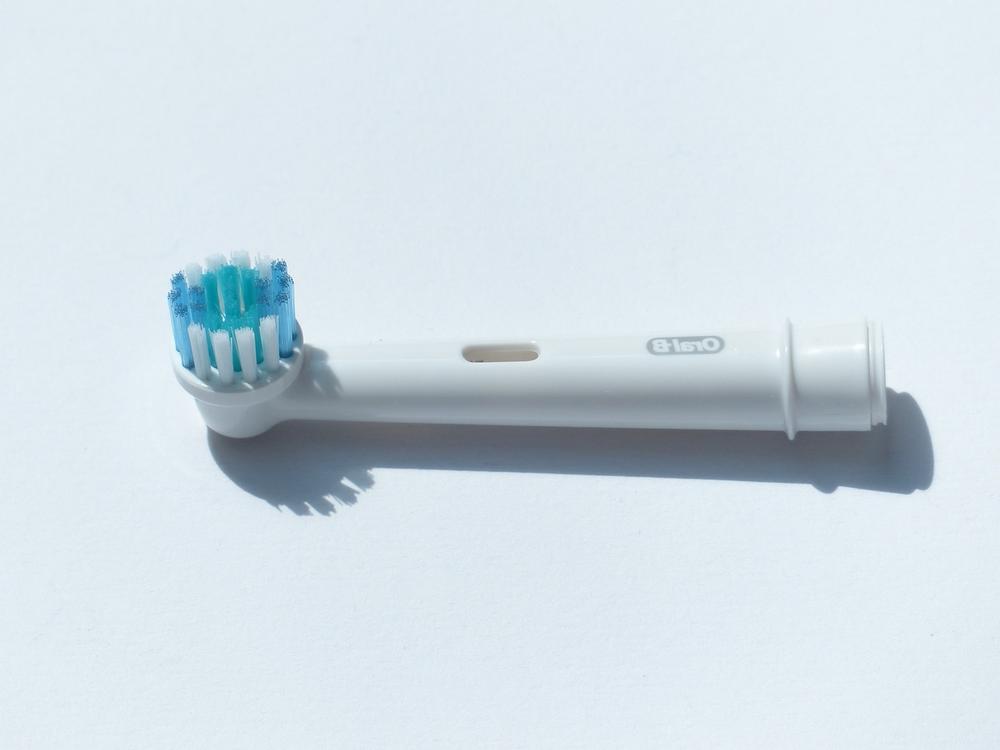
Here are some tips that can help you maintain their pearly whites:
- Feeding them dry cat food is a great idea because it requires more chewing, which acts like a natural cleaning mechanism for their teeth, removing plaque and tartar buildup.
- Dental chews are another excellent option to keep their teeth clean. These chew treats are specially made to promote dental health by reducing tartar and freshening breath.
- You can also add oral solutions specifically formulated for cats to their water or food. This helps combat bacteria and promotes oral hygiene.
- There are prescription dental diets available with ingredients aimed at reducing plaque and tartar formation, ensuring healthier teeth for your cat.
- Many cat owners prefer Greenies dental treats. They have been scientifically proven to reduce tartar buildup, freshen breath, and provide essential nutrients.
Maintaining good dental hygiene for your cat goes beyond daily tooth brushing.
By incorporating these additional techniques, you're giving your furry friend better all in all dental health.
And that wraps up today's article.
If you wish to read more of my useful articles, I recommend you check out some of these: Can a Spayed Cat Nurse Kittens, Do Cats Whiskers Grow Back if They Are Burned, Do Pregnant Cats Sleep a Lot, and Pregnant Cat Vomiting
Talk soon,
-Sarah Davis